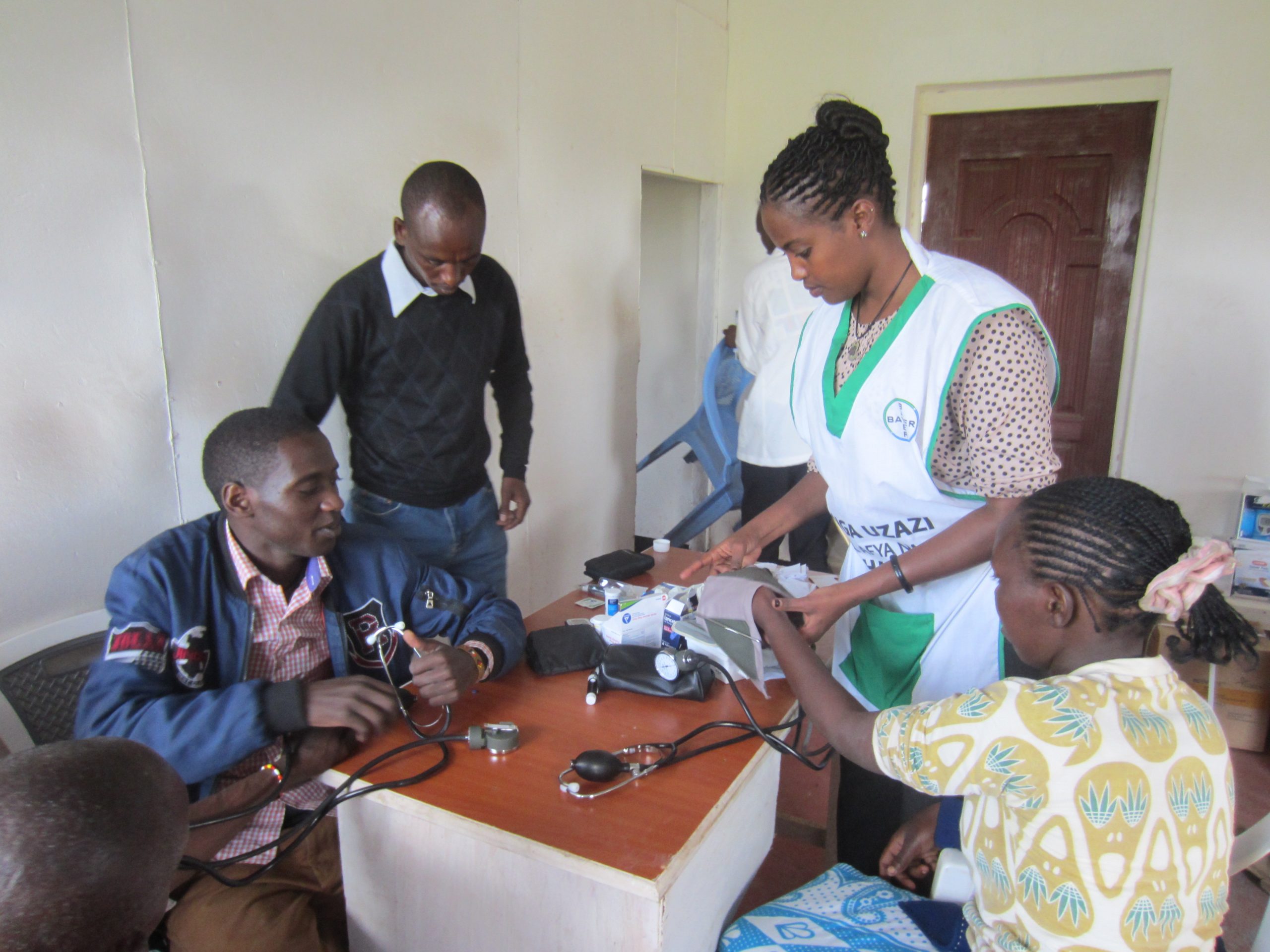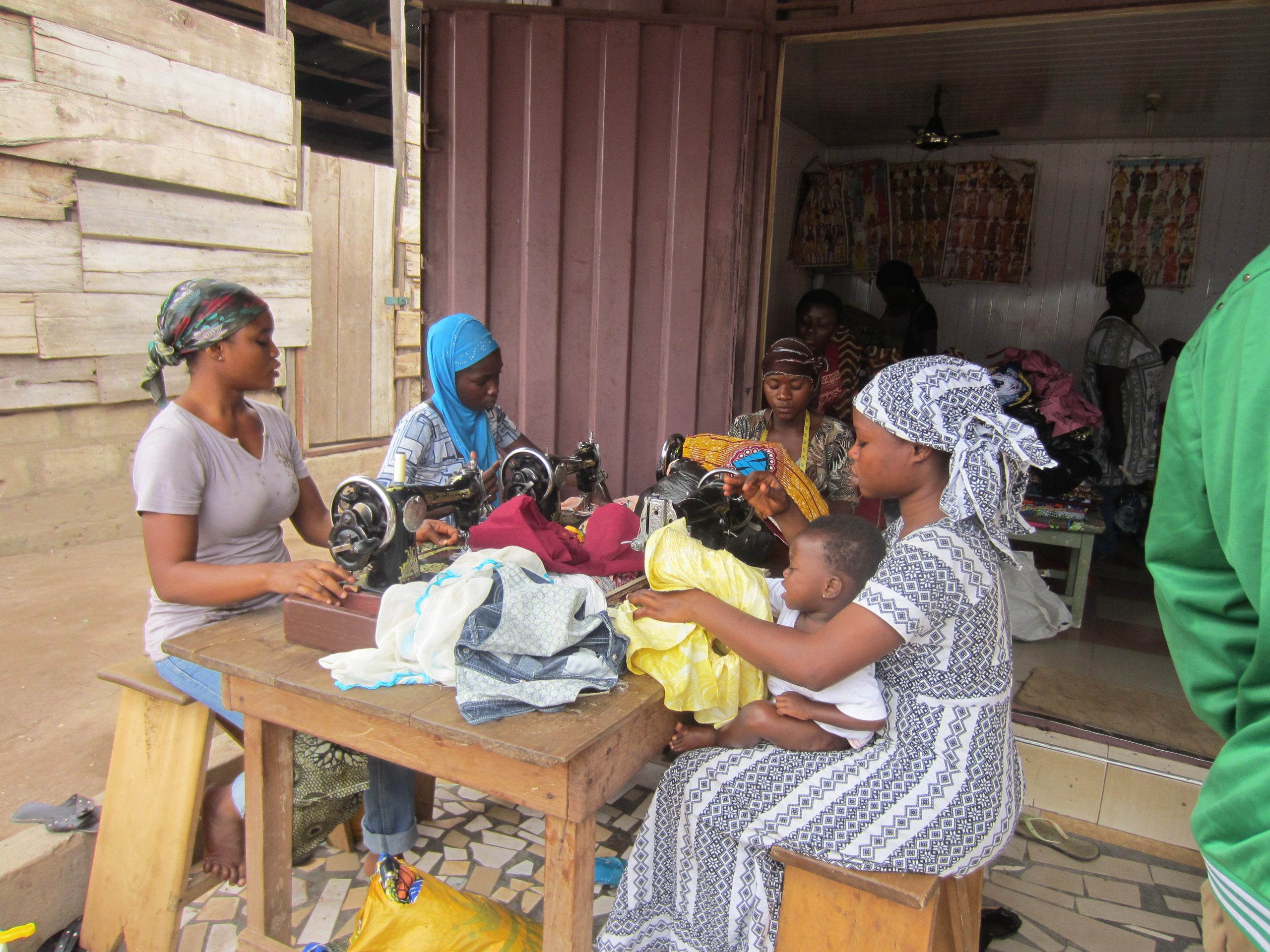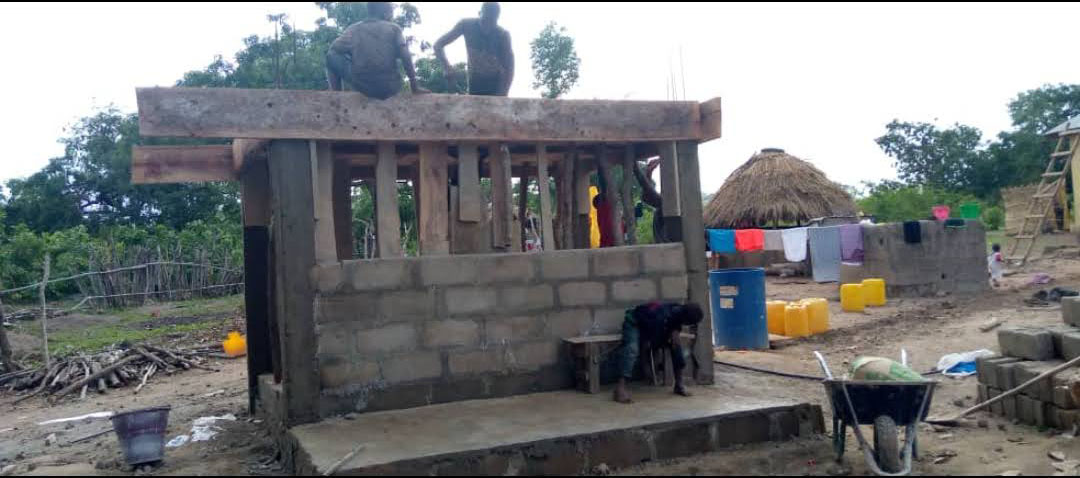How We Help
The potential impact on the communities we serve
Our overall mission is to be a powerful force for positive change in communities in need of resources
We believe that philanthropic organizations like the Wings of Hope can have a significant impact on communities in need of resources.
Securing resources to address preeclampsia and other birthing complications
When Helen Punyua was pregnant and in labor with her twins, she struggled with life threatening preeclampsia. Fortunately, her husband, Paster Steve Punyua, worked for the government and was able to transport her by car to a hospital, a 90 minute drive from her home. Her difficult birth of twins with her preeclampsia condition at a distant hospital could have cost her and her twins their lives. Her birthing story inspired the construction of a local medical dispensary for maternal care, which has supported many women in labor and delivery. To manage complicated births, such as Helen’s, a better equipped local maternity hospital is needed and will be had by the proposed Osiligi Maternity Hospital adjacent to the dispensary.
By focusing on environmental, economic, and health with social sustainability, we can help developing countries forge a path to a brighter future.

Potential positive impacts we can create with the projects we foster and support:

Health & Social Sustainability:
- Healthcare and Nutrition: Supporting healthcare initiatives, providing access to essential medicines, and promoting nutrition education, leading to healthier populations.
- Gender Equality and Women’s Empowerment: Funding programs that promote girls’ education, provide access to family planning services, and empower women economically can contribute to improved social development.

Economic Sustainability:
- Microfinance and Entrepreneurship: Providing access to microloans and training programs can empower individuals to start small businesses, create jobs, and boost local economies.
- Infrastructure Development: Investments in infrastructure like roads, irrigation systems, and storage facilities can improve connectivity, facilitate trade, and enhance agricultural productivity.
- Skills Development and Education: Funding educational programs and vocational training can equip people with the skills needed to secure better jobs and participate more effectively in the formal economy.

Environmental Sustainability:
- Conservation and Restoration: Funding projects for protecting endangered species, promoting sustainable land management practices, and restoring degraded ecosystems.
- Renewable Energy and Clean Water: Investments in renewable energy infrastructure like solar panels and clean water initiatives can improve access to clean energy and sanitation, promoting environmental health.
- Climate Change Mitigation: Funding climate-resilient agriculture, disaster preparedness programs, and deforestation reduction initiatives can help communities adapt to the effects of climate change.
We can create a positive, sustainable impact on these communities
- Focus on building local capacity: Equip communities with the skills and resources to become self-sufficient in the long run.
- Partner with local organizations: Collaborate with local NGOs and community leaders to ensure projects are culturally appropriate and address community needs.
- Prioritize sustainability: Invest in projects that have a long-term impact and promote self-reliance.
- Transparency and accountability: Ensure transparency in how funds are used and hold organizations accountable for their actions.
Where We Work
Kenya
Maternal Health Care
Ghana
Vocational Training Center
Guinea
Well Installation
Myanmar
Prosthetics & Healthcare
Pakistan
Educational Scholarships
Donate Today: Empower People In Need
Your donation today will help Wings of Hope Global Cooperative develop and fund sustainable projects that help communities in need forge a path to future success. We work directly in countries like Ghana, Guinea, Kenya, Pakistan and Myanmar.
With your donation, you'll be helping our organization expand our missions in these countries and create opportunities for future projects. If you want to donate to a specific project or country, click here to view our missions.
